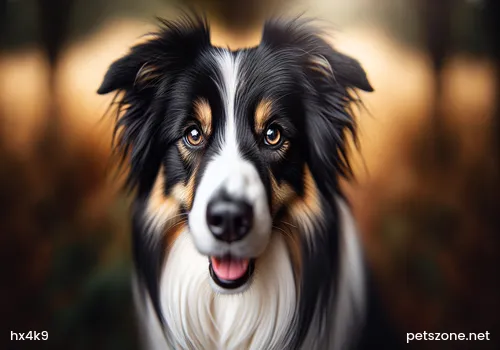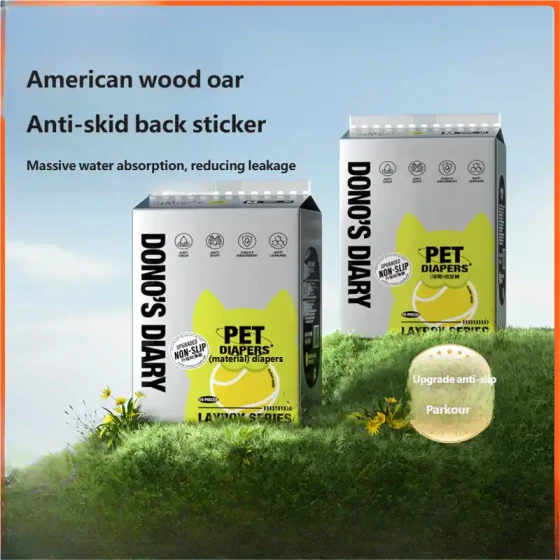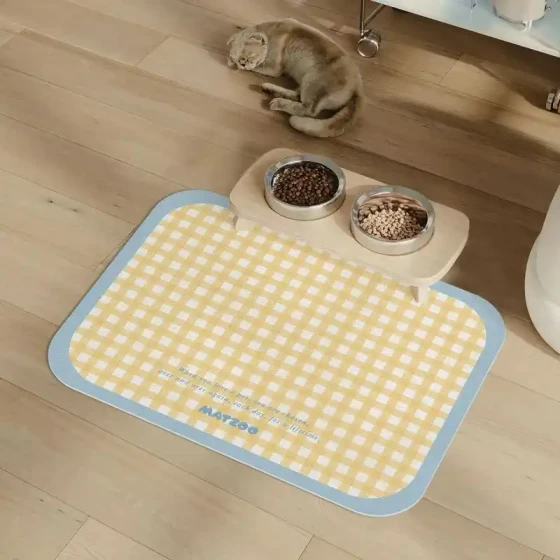FCI Standard for the Old English Sheepdog

Old English Sheepdog
【FCI Standard】
General Appearance
Strong, robust, square, well balanced. From the outside, its coat is abundant but does not appear excessive; the body is low and stout, muscles well developed and strong. These traits combined with its agility make it suitable for the demanding work required of herding or driving dogs. Therefore, health and sturdiness are of utmost importance. Its bark is loud, with a distinctive chesty tone.
Important Proportions
• Ratio: Body length is almost equal to height (length measured from the shoulder to the sit bone). Absolutely no long legs or elongated body.
• Build: Bone and muscle well developed.
Temperament
This dog is highly adaptable, intelligent, calm in temperament, showing no signs of aggression, timidity, or anxiety.
Head
In proportion to body, expression appears very intelligent.
Cranial Region
Skull
Large in volume, somewhat square-shaped, offering enough space for brain functions. The upper part above the eyes is arched (upper edge of eye sockets). The entire skull is covered with hair. The boundary of the depression between the forehead and muzzle is clear.
The stop is clearly defined.
Facial Region
Nose
Always black and large.
Muzzle
Strong, square, and short.
Jaws/Teeth
Fairly long, hard, square-shaped, and truncated. It is particularly important to note these features; a head that is too long and narrow or a muzzle that is too long is a serious fault. Teeth are hard, large, and evenly spaced, with good or tight occlusion.
Eyes
Brown, blue, or one of each. If brown, a very dark black is preferred. If blue, pearl, ceramic, or corneal opacity is typical. Amber or yellow is most undesirable.
Ears
Medium size, flat, positioned on the sides of the head.
Neck
Neck fairly long and gracefully arched.
Body
The trunk is somewhat short and robust, wider at the hips than at the shoulders.
Top Line
The topline at the withers is lower than at the loins, with no sign of weakness. This is a distinctly characteristic feature of the breed.
Loins
Loins are strong and gradually arched.
Chest
Deep and capacious, neither narrow nor overly broad.
Ribs
Ribs elastic and well sprung.
Tail
When no natural tail docking, the tail is docked close to the body.
Limbs
Forequarters
Forelegs very straight and capable of well supporting the body. The withers are narrower than the shoulders. The distance from withers to elbow and elbow to ground is almost equal.
Shoulders
Well angled and narrow at the joints.
Elbows
Close to the chest.
Hindquarters
The hindquarters are rounded, hocks well let down and muscles developed. When standing, viewed from any angle, the metatarsal bones form a right angle with the ground.
Stifles
Well turned.
Second Thigh
Long and well developed.
Hocks
Let down; beginning at the buttocks, the hocks should be quite straight.
Feet
Small and round, toes arched with hard and thick pads, nails straight and pointing forward. Dewclaws should be removed.
Gait/Movement
At a trot, movement is free, powerful, and effortless; good extension and drive of gait, covering the most ground with the fewest steps. It is very elastic when running, but can also move slowly or at a slow gait. During movement, the head is lower than its normal position.
Coat
Hair
Coat is abundant but not so much as to make the dog appear too bulky; good texture and rough; not straight, but coarse, thick, and rough, not curly. A soft or smooth coat is a serious fault. When brushed or allowed to air dry incompletely, the undercoat is waterproof. Ear hair is moderate, and the whole skull is well covered in hair; forelegs are well covered with hair. The coat on the hindquarters is thick, long, and longer than any other part of the body. Except for the coat on the feet and hindquarters, which can be groomed to a clean appearance, no artificial means can alter the natural outline and texture of the coat.
Color
Any shade of gray-white, gray, blue, or blue-black, with or without white markings, and vice versa. Any brown or pale yellow color is a serious fault.
Size
Height at the withers; males 61 cm or above.
Females 56 cm or above.
Type, characteristics, and balance are more important; size alone must not be pursued at the expense of these.
Faults
Any deviation from the above noted features is a fault; the degree of fault depends on the extent of deviation and health and nutrition status.



